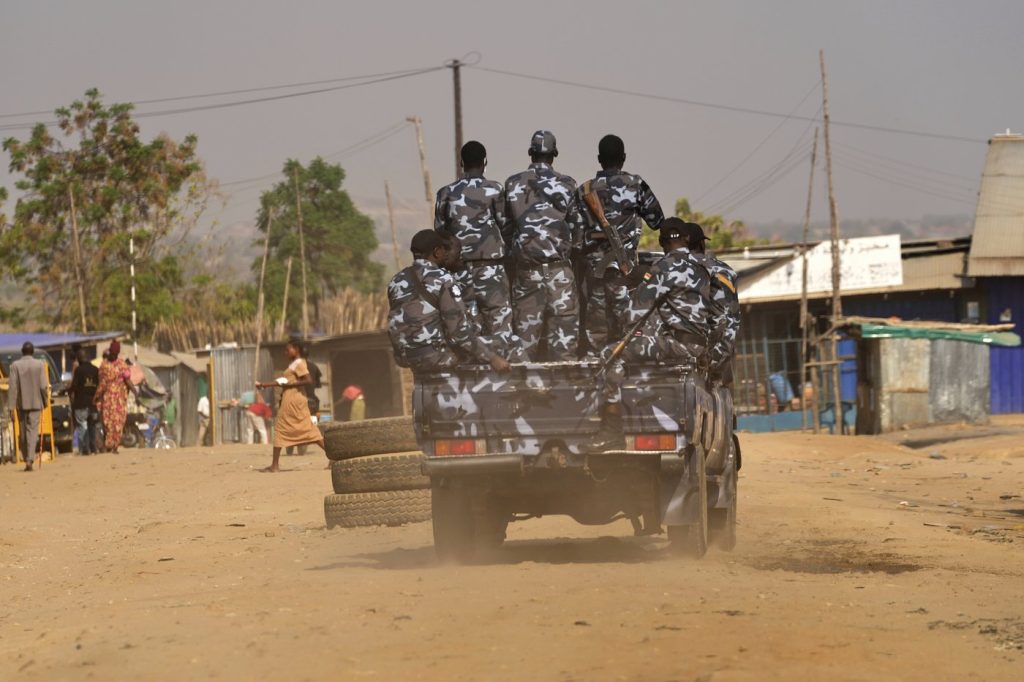The United States' previous support for South Sudan's independence has drastically shifted under the Trump administration, which recently revoked the visas of all South Sudanese. This action is justified by the claim that the South Sudanese government has failed to accept the repatriation of its citizens "in a timely manner." The immediate effect of this decision is that South Sudanese individuals may be forced to return to a nation that is perilously close to civil war or unable to seek safety in the U.S.
Since gaining independence from Sudan in 2011, South Sudan's government has struggled to provide essential state services. Years of conflict have left the nation, which has over 11 million inhabitants, heavily dependent on foreign aid. However, significant cuts in U.S. foreign assistance have severely impacted this support network. As the temporary protected status for South Sudanese citizens expires on May 3, the situation remains precarious.
Initially celebrated for its independence, South Sudan descended into civil war just two years later, as factions supporting President Salva Kiir and his deputy Riek Machar turned on each other in the capital, Juba, in 2013. The ethnic tensions between these two leaders have been a continuous source of instability, prompting even the Pope to kneel before them in a plea for peace.
The civil war, which lasted five years, resulted in the deaths of hundreds of thousands. Although a fragile peace deal was reached in 2018, its implementation has been inconsistent, leading to frustration among the U.S. and international supporters. To date, South Sudan has not conducted a long-awaited presidential election, with Kiir maintaining his grip on power.
Ethnic divisions complicate South Sudan's politics; Machar has long sought the presidency and views his ambitions as predestined. Tensions escalated recently when Machar was arrested alongside allies amidst a conflict involving his ethnic group capturing an army base. In retaliation, the government launched airstrikes, causing numerous casualties and even attacking a United Nations helicopter. Following these developments, Machar's political party declared the existing peace deal effectively null and void.
U.N. Secretary-General Antonio Guterres has voiced grave concerns, likening the recent escalation to the devastating civil wars of 2013 and 2016, during which an estimated 400,000 individuals lost their lives. Some Western countries have shuttered their embassies in South Sudan, while the U.S. has reduced its embassy presence.
South Sudan's economy heavily relies on oil production, yet rampant corruption has prevented the wealth from benefiting the population. Civil servants often endure prolonged periods without salaries. Instability is exacerbated by conflict in neighboring Sudan and climate challenges like flooding, which have resulted in mass displacement. The educational and healthcare systems in South Sudan, already among the weakest globally, are further strained by cuts in humanitarian aid.
The recent U.S. decision to revoke visas comes as a stark contrast to the initial warm reception the rebel leaders received during their fight for independence. Educational opportunities and support have been a lifeline for many South Sudanese in the U.S. However, with the sudden announcement on a Saturday evening, the immediate future for South Sudanese individuals remains uncertain. Deputy Secretary of State Christopher Landau noted that the revocation is tied to a specific individual that South Sudan has refused to accept, although the individual's identity was not disclosed. Currently, no new visas will be issued, with a potential review contingent upon South Sudan's cooperation.










